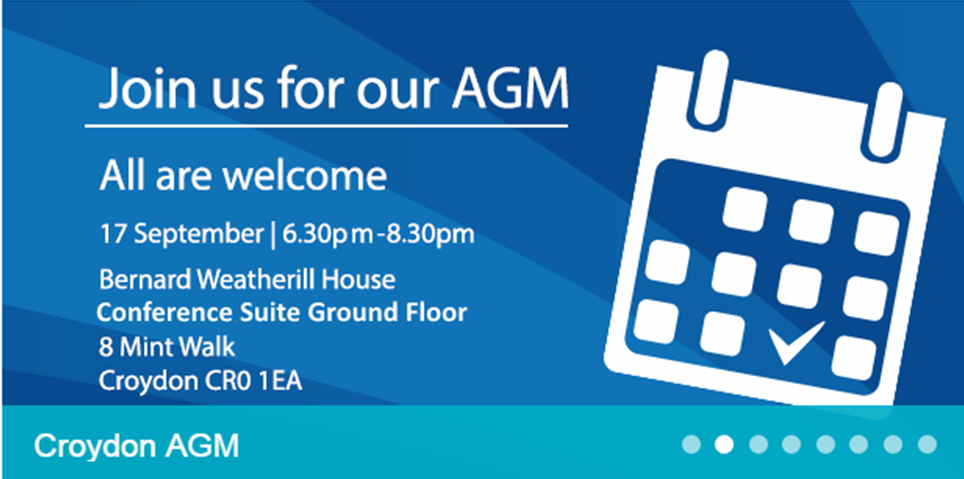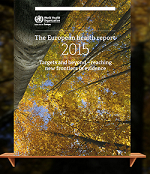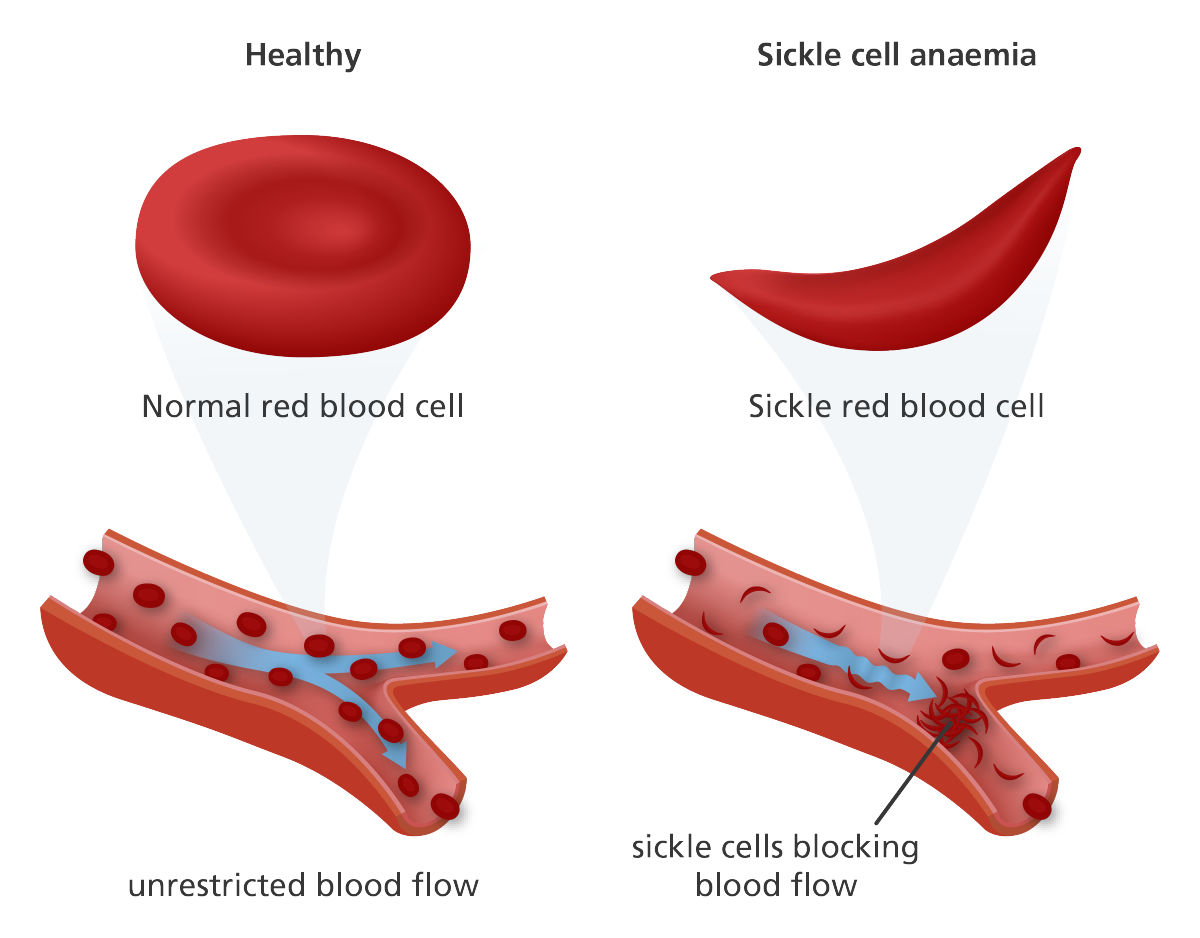Lifestyle, this word brings thought to mind of daily tasks, particularly professional and pastimes, hobbies, activities or lack of them. As a former Cabin Crew member the work had a strong influence and was my lifestyle. I was a long haul stewardess, which entailed trips to far distance lands for a few days at a time or a week. My whole life activities were based on where I was going and for how long. I had wonderful opportunities for sight seeing, exploration, shopping or relaxation. At times though, my peers and I weren’t motivated to go out or it was mundane to re-visit some locations. It became standard to stay in the hotel and meet for a drink or two with my peers. I had to keep myself motivated to use the gym and spa facilities, which were the perks of lodging in five star hotels. My health had deteriorated as A Fly Girl and prior to leaving the job I had a surgical removal of a uterine fibroid.
I had uterine fibroids since I was in my early twenties, prior to working in the airline, and have no history of fibroids in the family. I was also raised on a diet which was balanced and healthy; minimal dairy and red meat. During my twenties my lifestyle had changed and when I reflect back to this I can pick out the decline in a totally healthy lifestyle, it was not drastic however it may have been significant to the cause.
Some key points that I should mention are that in my twenties, and since childhood, I craved sugar and water was not a friend of mine. Until recently I admit water isn’t medicine, but in my twenties instead of water I increased my daily dinner red wine with red meat.
During my youth my menstruation was a curse on my well-being. It came with severe dysmenorrhea, nausea and occasional vomiting. No matter what pain killing medication the doctor prescribed, nothing worked, my stomach looked enlarged on my small and athletic frame. The appearance was a minor, the pain was major.
Although my fibroid was present before being a cabin crew member, my new lifestyle fed the fibroids, my symptoms worsened and my distended stomach gave me the appearance of a second trimester pregnancy.
In my memoir, A Fly Girl, there are many incidences in my tales that reflect on the toxic lifestyle.
 Just before leaving the airline I had a myomectomy, the surgical removal of fibroid through an intense operation. It was intense compared to today’s procedure as I had an incision whereas technology now uses laser surgery. It was done privately as I had waited for this operation since my initial diagnosis on the NHS for several years.
Just before leaving the airline I had a myomectomy, the surgical removal of fibroid through an intense operation. It was intense compared to today’s procedure as I had an incision whereas technology now uses laser surgery. It was done privately as I had waited for this operation since my initial diagnosis on the NHS for several years.
I was driven to have the operation because of various new symptoms which accompanied my period; the abdomen swelling was severe and I suffered with menorrhea, the haemorrhaging would leave me extremely weak and anaemic. I felt quite emotional after surgery however I recovered well and speedily. I became fully conscious from then as to what triggers fibroid growth from a holistic perspective, nutrition, spiritual and physical.
I began to write poetry as a means of self- expression, my diet improved and water became my friend again. I eliminated a lot of foods and it was a turning point in building self-esteem and self-expression. Spiritually I was more expressive as the true me, and being a writer has aided this. I engaged in a lot more exercise, road running, and for a year I was training in Thai boxing to release anger, energy and develop mental strength and finally relaxation in the spa with sauna and steam to eliminate further toxins. I started to enjoy being a creative cook so that my dinners where healthy and whole.
The complete change, spiritual, nutritional and physical was agreeing with me and my body was in balance with no extraordinary monthly pain. Over the years and I started to slip, unconsciously, old habits die-hard and gradually unsavoury patterns took hold. Many years later the fibroid growth returned with vengeance, it came with not just swelling of the abdomen but when menstruating many parts of my body would swell including my face and eyelids. I also experienced restless leg syndrome. I was haemorrhaging and clotting heavily and it had an affect on my work life, I couldn’t commit my presence at work, neither guarantee attending social events and I was fully exhausted because of anaemia. It got to the point where I was emotionally drained and hit rock bottom. I had tried again over the last few years several remedies of natural treatments and some therapies had adverse affects. However determined not to give up, neither to go back to the medical approach, I had a vision that the pain at least should be over and started a six month change programme this year.
I worked on the spiritual and nutritional aspect alone, and I am currently getting back into the physical component. It was a worthy sacrifice to officially eliminate specific foods in my diet for the last six months and gradually experiment with herbs that balance the hormones and strengthen the womb. It has been the best introduction to well being adding herbal remedies to a wholesome diet. Also the spiritual freedom of expression this year has given me joy as I spoke from the heart being part of a national book tour. Having a 90% reduction of symptoms that over the years have accompanied my menstruation and now have disappeared is an amazing testimony, it verifies that there are options for healing in this earth, one must have resilience to overcome and to know that healing isn’t a linear progression.
I am thankful for my diverse experiences in life and I can say that having the fibroid has been a catalyst for my behaviour change. To focus on holistic health can be one of the most self-loving expressions a human can do.
I will update my progress in another six months with the inclusion of physical activity, and this can be found on my blog at www.msroseblossom.org
My experience in treating and healing fibroids or to prevent the onset of them begins with living a spiritual fulfilled life, and includes ways to balance health holistically, along with help from experts and support networks.
***************************************
Amanda Epe is a health promotion coach and author.
The Lake Foundation would like to thank Amanda for helping us raise awareness of fibroids and its challenges by sharing her story through this blog piece.

















